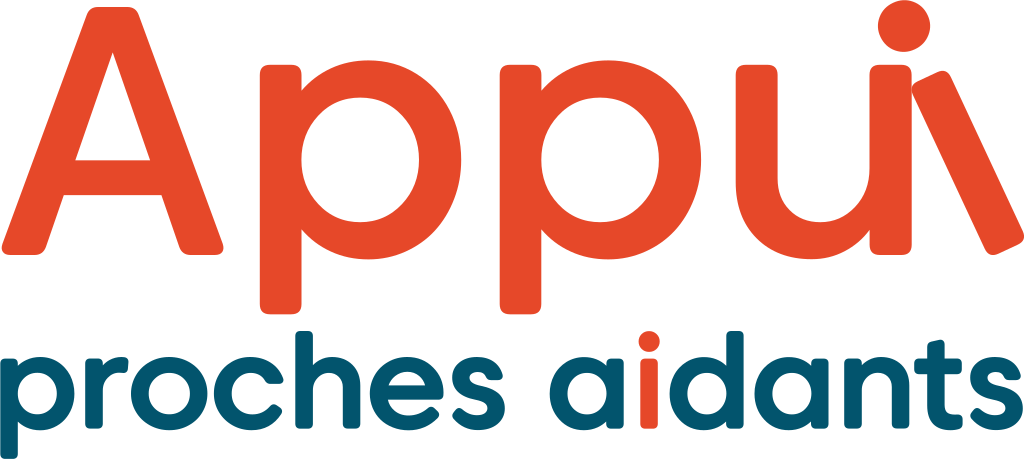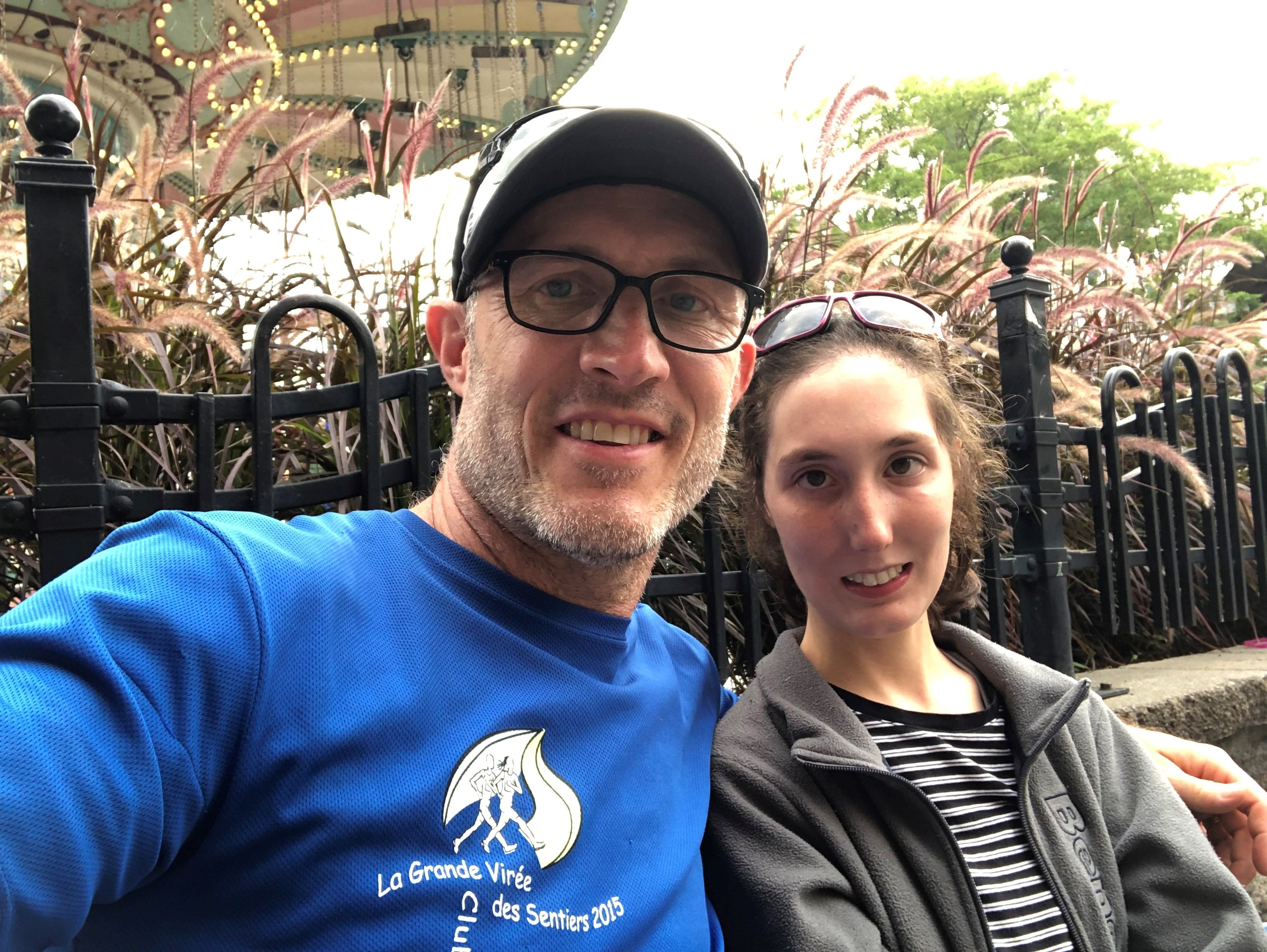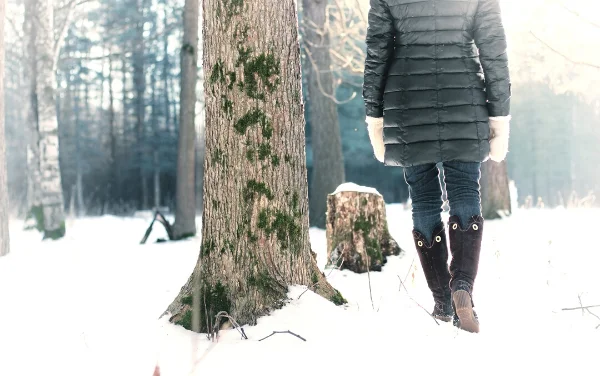We wanted to prepare for Juliette’s 18th birthday, and in particular to understand the financial impact of this transition. Family allowances, last-resort financial aid; Juliette has severe employment limitations.
I realized that for low-income families, the financial loss associated with their child coming of age can exceed $20,000. That’s a lot of money! Basically, you have to budget for turning 18. I searched the Internet, but couldn’t find any information. So I started collecting all kinds of information: social health, income, tax credits, protection plans, employment-service cheques… As I searched and searched, I thought: I can’t just leave all this information in my spreadsheet! It has to be shared! When I came up with the idea for the website, I went to specialized schools in the Quebec City area, offering to give presentations to parents and share the documentation I’d compiled. The first meeting alone included 75 registered participants! There’s clearly a need for this type of website.
The website will explain what’s at stake and propose a timeline with the various steps to be taken as a child approaches the age of majority. Some steps need to start as early as age 14, and there are many things to be managed between 17 and 18. I hope this website will be a great help and make a difference for families with children with special needs.








